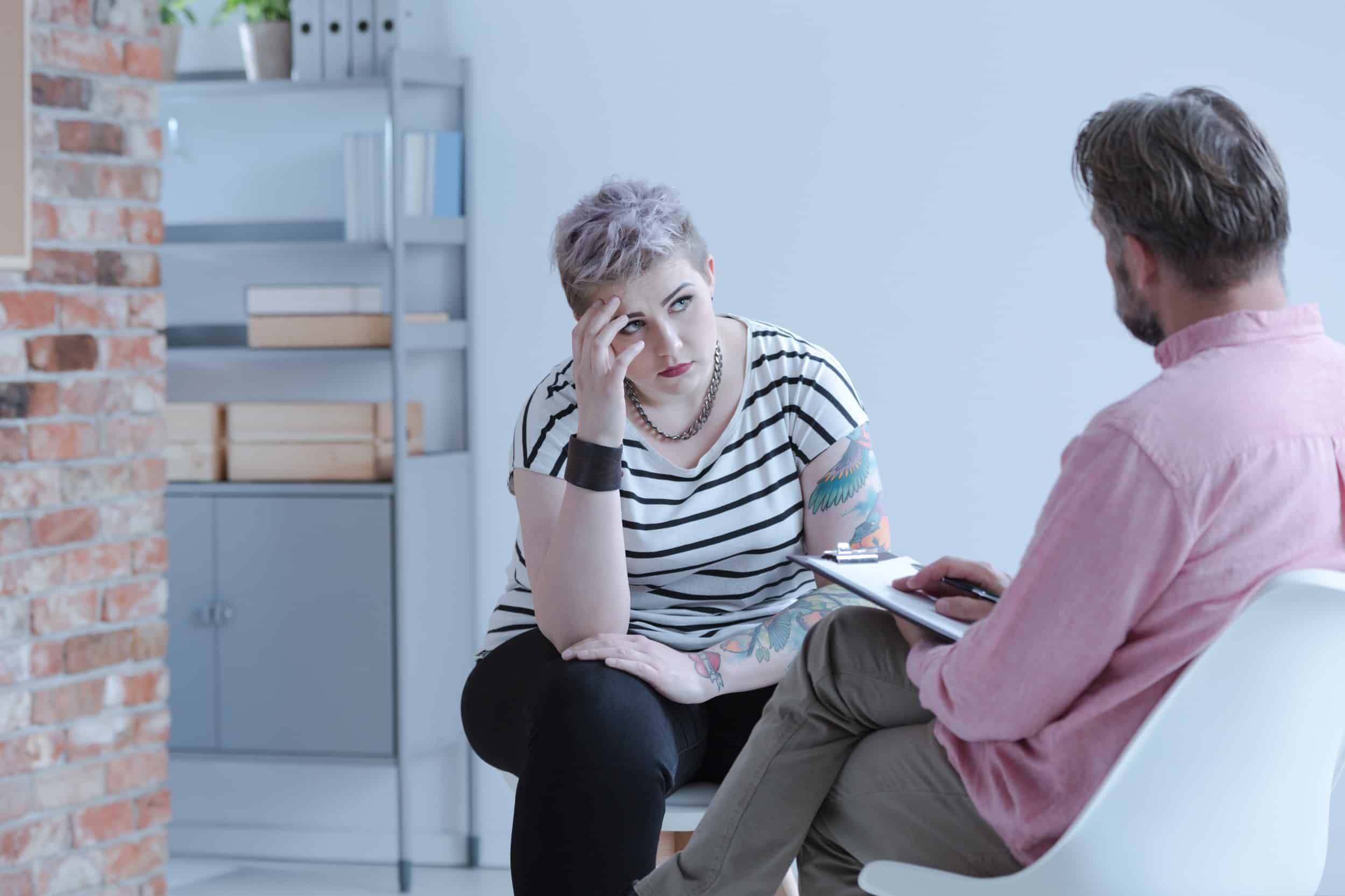
Depression: What it is and what to do about it
Depression is a mood disorder that can result in feelings of sadness or lack of interest. While it’s normal to have fluctuations in mood through life, depression differs from these by the length of the episodes. Sad moods will pass after a time, whereas depression shows up in episodes that last at least two weeks.It can also last for months or years. Contrary to when a person is feeling low, a depressed person can’t just “snap out of it”.
According to the World Health Organization (WHO) depression is the largest cause of disability worldwide, and in the U.S. it is recognized as a disability by the Social Security Administration.
Women are twice as likely to be depressed as men, but the condition can affect both men and women, adolescents, and children.
What Can Cause Depression?
While there’s a lot the medical community doesn’t know about depression, there are some factors that can trigger depressive symptoms.
Conditions like bipolar disorder can contribute to depression, and a person can be genetically disposed. Changes in the brain’s neurotransmitters can cause depression, and the same can be said of environmental, social, and psychological factors.
Grief following the loss of a loved one, or the loss of a job can cause depression. Feelings of grief are not considered to be depression unless they persist past the normal time frame.
What are the Symptoms of Depression?
People who are depressed, regardless of age or gender, may have several or all of these symptoms:
- Too much or too little sleep
- Feelings of worthlessness
- Feelings of guilt
- Weight loss or gain
- Changes in appetite
- Loss of sexual desire
- Fatigue or less energy
- Slower speech and movements
- Little or no interest or pleasure in activities they used to enjoy
- Restlessness, pacing, or general agitation
- Difficulties with concentration, making decisions, or thinking
- Depressed moods
- Thoughts of death or suicide
- Suicide attempts
Female Depression
Premenstrual dysphoric depression and postpartum depression only occurs in females. In addition to the symptoms above, females may also show several or all of the symptoms below:
- Ruminating or dwelling on negative thoughts
- Fatigue
- Mood swings
- Anxiety
- Irritability
Male Depression
Feelings of depression and anxiety occur in about 9% of the male population of the United States. In addition to the general symptoms of depression above, males may also show some or all of the symptoms below:
- Excessive drinking
- Anger
- Risky behavior
- Abusive or controlling behavior
- Overworking
- Difficulty keeping up with family responsibilities
- Difficulty keeping up with work responsibilities
- Avoiding social situations
- Avoiding family
Depression in Children
Young children may have difficulty explaining their feelings verbally, and depression may show up as clinginess, defiance, low energy, crying, and vocal outbursts.
Download Our Depression Fact Sheet
What to Do About Depression
If you, or a loved one suffers from depression please know that there are several treatments available to help people who suffer from this sometimes debilitating illness. Usually a combination of these treatments are used to help people who suffer from depression.
Practical Solutions, Diet, and Exercise
Finding practical solutions to reduce stress, educating family members and making improvements to difficult social and environmental factors can often be helpful to people with depression. Exercise may also improve symptoms of depression by boosting serotonin levels.
The foods you eat can also affect symptoms of depression. Avoiding processed foods, especially those with lots of sugars may help your symptoms, and studies have shown that Including more fish, vegetables, olive oil, and fruit may be helpful in managing depression as well.
Psychotherapy and Antidepressants
In addition to finding practical solutions and improving diet a combination of psychotherapy, supplement or antidepressants can be used to treat depression.
Psychotherapy, or talking therapy like cognitive behavioral therapy (CBT) can help people with depression a great deal.
A doctor may also prescribe antidepressants for moderate to severe depression. These medications should only be taken as prescribed by a doctor, and can have severe side effects if not followed up by a physician.
Free Support Hotlines
If you or a loved one suffer from depression there are several national support hotlines you can call for assistance from trained professionals 24/7. All calls are free and confidential.
- Samaritans offer emotional support to anyone with feelings of loneliness, depression, or is considering suicide. Call or text 877-870-4673 (HOPE)
- Lifeline Chat is National Suicide Prevention Lifeline’s online chat service
- National Suicide Prevention Lifeline is a national network of local crisis centers. Call 1-800-273-8255 (TALK)
Suicide-risk
Not all people with depression are suicidal, but depression can sometimes lead to self-harm, harming others, or suicide. If you suspect someone is at immediate risk of either of these, call 911, remove any weapons or medications, listen without judgement, and stay with the person until professionals arrive.
While there are many risk factors to depression, such as chronic illness or conditions, living with persistent pain, and stress related to finances, relationships, or medical issues, depression is treatable, and many people with depression are able to treat their symptoms and go on to lead full and productive lives.


